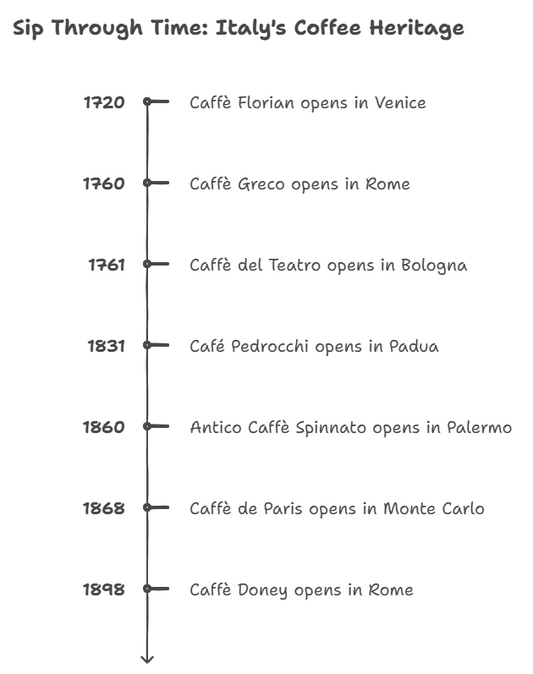Steeped in history, natural wonders, and the arts, Italy has drawn more than 40 million tourists yearly. Besides these charms, one might ponder over the attractiveness of its work culture, which comprises mostly Italians and a much smaller proportion of other ethnicities, from Romanians and Ukrainians to Asians and Africans.
Work-life balance
To start, work-life balance is a huge priority in Italy. Assuredly, you can set aside enough time to engage in leisure or to simply chill and rest the mind.
Based on a 2020 report by the Organisation for Economic Co-operation and Development (OECD), Italian workers have the best work-life balance, with only 3 % of them working unhealthily long hours (more than 50 hours weekly) against the OECD average of around 11 %.
Working full-time in Italy typically requires 40 hours a week or less. In the private sector, the working hours are usually from 9 am to 6:00 pm from Monday to Friday, with a whopping 1.5 hours of break each shift. In the public sector, the typical working hours are from 8 am to 2 pm from Monday to Saturday. Such hours are neither too long nor too short for the Italians who remain productive yet sufficiently relaxed.
Taking leaves
Contributing to the work-life balance further would be the extensive system of leaves entitled to Italy’s workers. The country recognized the importance of taking leave in promoting healthy physical and mental states at work so that high productivity at work can be maintained too.
In cases of injury or illness, employees in Italy are entitled to paid sick leave for generally between 6 and 12 months. During maternity leave, pregnant workers are entitled to 80 % of their regular pay from the social security system. Add on, an amendment to the law in 2019 has given pregnant employees the option of starting maternity leave after childbirth. Parents are also entitled to parental leave of up to 6 months per parent, during the child’s first 12 years. During parental leave, parents can request flexible working arrangements.
What’s more, there are other types of leaves provided by the company that has not been mentioned here!
Social environment
Body language matters when interacting with colleagues or clients. Friendly eye contact, a firm handshake, and the like make a great first impression. As a relationship develops, the air-kissing that is customary in Italy is optional.
Words are equally important to liven up the milieu at work. Adopt useful phrases such as ‘Grazie’ (thank you), ‘Per favore’ (please), or ‘Ciao’ (hi or bye) in your vocabulary for a warmer working environment.
In meetings, brace yourself for expressive or passionate workers who do not shy away from speaking their minds. Confidence in speaking up is highly valued in Italian culture, as long as the conversation is constructive and helpful.
Apart from being polite and amiable, being aware of the hierarchy in the company helps to better understand how to address or speak with your colleagues of different professions. Italy’s work culture respects job titles, showing higher respect or appreciation for the higher ranking ones. With that, think twice before addressing a manager or a supervisor by their first name! Decisions are often made by those of higher ranks so do be cautious when providing explicit advice or feedback to your boss.
Skills shortages
The EU Labour Force Survey (LFS), conducted every month since 2010, provides detailed information about the economic situation of the EU Member States. This report focuses on the latest LFS figures for Italy, published on January 30th, 2020. The main skill shortages reported by employers are in IT, engineering, healthcare, and administration
In particular, it highlights some key employment indicators such as unemployment rates, underemployment rates, job vacancies, and skills shortages.
According to the latest figures, there are 5.1 million unemployed people in Italy. Of those, 3.8 million are economically inactive people aged 15–64. In addition, 2.4 million people work part-time while looking for full-time jobs.
As regards the occupation structure, the most common type of activity among Italians is "production", followed by "administration". However, the number of administrative workers has decreased over the last five years, whereas the number of production workers has increased.
Moreover, the number of skilled workers has risen considerably over the same period. As regards education, the highest level of qualifications attained by Italian workers in primary school.
Family Life in Italy
Italy has long had one of the lowest divorce rates in the world. But a recent study suggests that the traditional model of the nuclear family — where parents raise children together and live apart from each other — is changing.
The study found that fewer people are getting married, and many are living with partners without marrying. In fact, about half of all Italian couples cohabit before tying the knot.
And while the average age of marriage continues to rise, the researchers say the change isn't necessarily a sign of declining interest in marriage. Instead, they suggest that younger generations are simply delaying marriage because they're waiting to establish themselves professionally.
Popular industries
If you are planning to start work in Italy, there is a kaleidoscope of industries with job openings for you to seize. The service sector has been the most popular one, employing the highest number of people almost every year. It is one of the main contributors to Italy’s economic growth, with services such as transport, manufacturing, and retail.
The burgeoning population of foreign workers in Italy has enjoyed some of the more profitable jobs there, from translators and interpreters to educators and hoteliers.
To sum up, Italy is a great place for you to not only enjoy its splendor and heritage but to also gain enriching experiences from its workforce which is becoming more diverse by the year.








